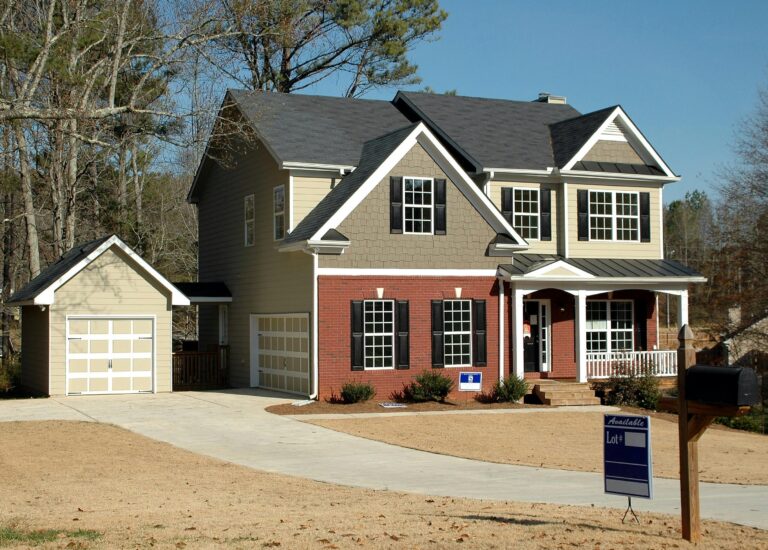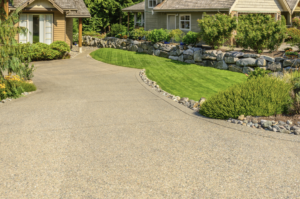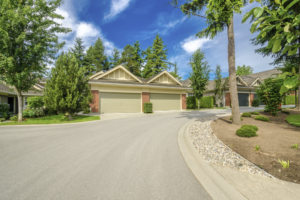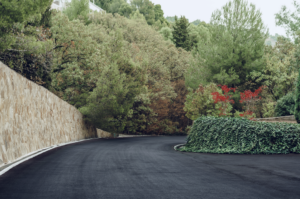Your driveway is one of the first features guests see when arriving at your home. Over time, it inevitably faces wear and tear from weather and daily use, leading to damage that reduces both curb appeal and functionality. How can you tell when simple repairs aren’t enough, and it’s truly time for a brand-new driveway?
Extensive or Deep Cracks
Minor cracks in your driveway surface are often easily repaired, but deeper or widespread cracks indicate bigger issues lurking beneath. Such cracks allow moisture to infiltrate beneath the pavement, eventually causing more significant structural damage. Once your driveway begins to resemble a spiderweb of cracks, simple patches won’t cut it anymore, signaling it’s time to invest in a replacement.
Persistent Potholes and Surface Issues
Occasional potholes might seem manageable, but when potholes multiply or become extensive, they pose serious hazards. Not only can potholes damage vehicles and become tripping hazards, but repeatedly filling them tends to be a short-lived solution. Replacing your driveway entirely eliminates these safety issues and provides a smooth, stable, and attractive new surface.
Drainage Problems and Pooling Water
If water consistently pools on your driveway after rainfall, you’re experiencing drainage issues that could be quietly damaging your pavement. Improper drainage causes water to seep beneath your driveway’s surface, weakening its foundation and accelerating deterioration. A properly installed new driveway addresses these problems, ensuring water drains efficiently and protecting your pavement for years.
Significant Surface Fading and Discoloration
Over years of exposure to sunlight, weather, and daily use, your driveway can become faded and unattractive. While fading itself might seem minor, it indicates that your driveway is reaching an age where its protective layers have worn away, leaving the surface vulnerable. Replacing your driveway restores not only its vibrant appearance but also its structural integrity.
Driveway Age and Lifespan
Most driveways have an expected lifespan, typically ranging from 20 to 30 years. Asphalt driveways usually last around 20 years, while concrete surfaces can last up to 30. If your driveway is nearing or beyond this age range and showing visible signs of deterioration, investing in a new driveway makes good financial sense.
Increasing Repair Frequency
If you’re continually calling contractors to fix your driveway issues, it might be more practical—and less costly in the long run—to replace it entirely. Frequent repairs add up quickly and usually indicate deeper problems that temporary solutions won’t fix. A new driveway gives you a fresh start, reducing ongoing maintenance and saving money in the future.
Safety Risks and Liability
Cracks, potholes, uneven areas, and crumbling edges aren’t just unsightly—they’re safety hazards that pose risks to you, your family, and visitors. A damaged driveway increases the likelihood of falls or vehicle damage, which can result in unwanted liability. Installing a new driveway provides a safe and stable surface, reducing risks around your home.
Enhancing Your Home’s Appearance and Value
A worn-down driveway diminishes the visual appeal of your home and can even lower property values. A freshly paved driveway, however, enhances your home’s curb appeal significantly. Potential buyers immediately notice the pristine appearance of a well-maintained driveway, making it a valuable investment that boosts your property’s marketability.
Structural Issues: Sinking and Unevenness
Driveways sometimes suffer from structural problems like sinking, shifting, or heaving due to soil movement, erosion, or improper original installation. These structural issues are challenging to resolve through repairs alone and generally require a complete replacement to correct properly. A new driveway installation addresses these fundamental problems, giving your driveway a strong foundation for the future.
Timing Your Driveway Replacement
Choosing when to install a new driveway can affect its longevity and performance. Typically, driveway replacements are best completed during warmer weather, when temperatures consistently remain above 50°F. Warm weather conditions help materials set correctly and provide optimal conditions for Paving, ensuring the durability of your investment.
Choosing the Best Driveway Contractor
Selecting a reliable, experienced contractor is crucial to getting the best results. Walt’s Paving has more than 40 years of experience providing top-quality driveway replacements and exceptional customer service. Our team of experts takes pride in giving you the driveway you deserve, tailored to your needs, style, and budget.
Investing in a new driveway with Walt’s Paving ensures long-lasting quality and impressive curb appeal. If your driveway shows signs of age, safety hazards, or structural deterioration, it’s the perfect time to give us a call. Trust us to deliver a driveway you’ll love for years to come.
How can Walt’s Paving help?
You can count on Walt’s Paving to complete your residential or commercial paving project in an efficient and timely manner. We have over 40 years of experience paving asphalt driveways, making asphalt repairs, and sealcoating asphalt. We are located in Osceola, IN, and service homeowners and businesses within 50 miles of Elkhart, IN. Call us today.







